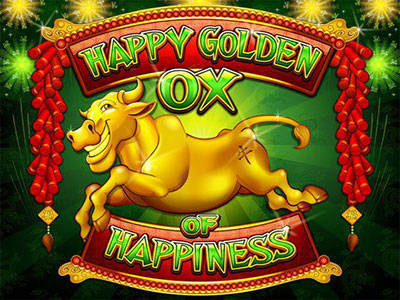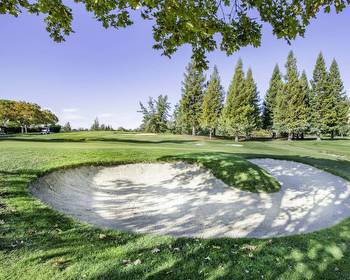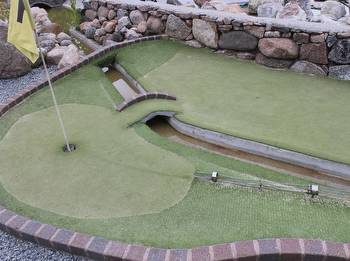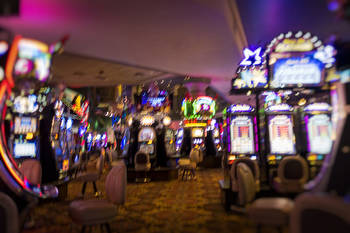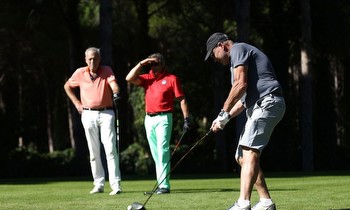A Beginner's Guide to Golf & Gambling

Why do golfers bet? It’s a connection we can trace back to the origins of the game.
The Royal and Ancient (R&A) archives have records of golf betting back into the 1870s. Modern scorecards are designed with extra lines just to keep track of your wagers. How did this partnership develop and why does it make playing golf so much fun?
A bet means to risk something, usually a sum of money, on the basis of an outcome of a future event, such as the result of a game. Golf, in any form, is a series of outcomes. Those results can be compared to other players in a variety of ways. Rather than just point the win-loss record internally, we all love the opportunity to try and beat another player (at something).
Not all golf bets last 18 holes, either. Something as simple as longest putt made today, or closest to the pin on the last hole count. Other sports have specific outcomes, so why is golf different?
I believe the match concept comes from the idea golf can be played against players of varying skill levels and ages. A large majority of our competitive years happen in our youth. A golfer’s lifetime far surpasses that of any other athletic endeavor. When youth and collegiate sports wrap up, the fun is just beginning on the course. Golf and betting come together because very few other sports are in our lives once we’re old enough to bet.
I touched on this briefly, but if I wanted to play basketball against another player, we have no way to handicap the match. Golf presents a level playing field. Therefore, trying to wager on an outcome becomes more interesting. With the number of variables in a round, you increase the different type of games players can compete in. Variety builds interest and there’s a game format out there for everyone.
For instance, the term “Nassau” comes from Nassau Country Club on New York’s Long Island, where the three-part game was invented and first played.
Golf betting can be slightly intimidating. Much like the first tee, we are all in this together. If you do not bet currently, start small and play the par 3s. Run a closest to the pin contest and see who hits it close. If that doesn’t suit the skill level of your group play the three-putt game. Determine a prize and how many holes you will play. The last player in the group who three putts in the round loses.
You will be amazed how quickly a simple game can change your golf experience. Your focus increases and suddenly we are even more attached to the game.
We live in a world of “why,” and that’s ultimately the reason why golfers bet. It heightens our connection to the game, offers us an opportunity to compete with others on the course rather than ourselves. It evokes emotion multiple times throughout the round and provides endless amounts of entertainment.
The coolest part of the connection can be witnessed in more places than just the course. Golfers will wager at Topgolf or playing miniature golf (putt-putt). The options are truly endless and now even extend online. A bet doesn’t have to mean money exchanges hands. It can be for bragging rights or pride. Golf and betting are great because it gives us so many ways to enjoy the game.
Add a little wager to your next golf experience and see why winning doesn’t always have to be connected to the scorecard.
Keith Stewart is an award-winning PGA Professional. He covers the LPGA and PGA Tour for Sports Illustrated, The Sporting News, LPGA, and PGA TOUR. If you are looking to raise your golf acumen and love inside information about the game, check out his weekly newsletter called